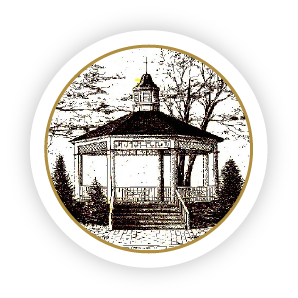It seems Chester Township was always welcoming people to our community and County in one fashion or another. Whether it was a stagecoach rest area at the southwest corner of Mayfield and Chillicothe Road or the Interurban. Between 1900 and 1925 Geauga County enjoyed fast freight and passenger transportation service to and from Cleveland, by way of a soot and cinder free electric trolley. This line ran through Chester, Russell, Chardon, Newbury, Burton and Middlefield Townships. In 1899 a sidewalk was built from the Cross Roads (Chillicothe & Mayfield Roads) to the depot. There were two depots in Chester Township, Scotland and Fullertown, the Scotland would have been located just west of the Scotland General Store. The interurban could get passengers from Cleveland to Chardon in an hour and 58 minutes, with a top speed of 45 miles per hour. Most passenger stops along the way included a milk stand, except for the stop at Mayfield and Caves. Many stops were strictly for milk pick up and were never intended for passenger stops. Milk stops were usually located on the right-hand side of the track, going from east to west. The stand was built at the height of the car entrance, so that the milk cans could be handled easier. Milk was sent in 10-gallon cans, which could weigh up to 100 pounds. The milk cans were loaded on to “Old Geauga” as the original freight car for hauling milk was called and the rate for hauling milk to Cleveland was 2 cents, per gallon.
